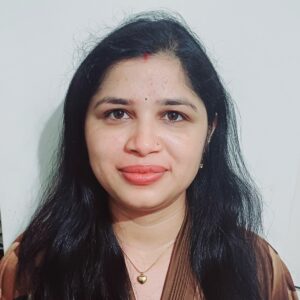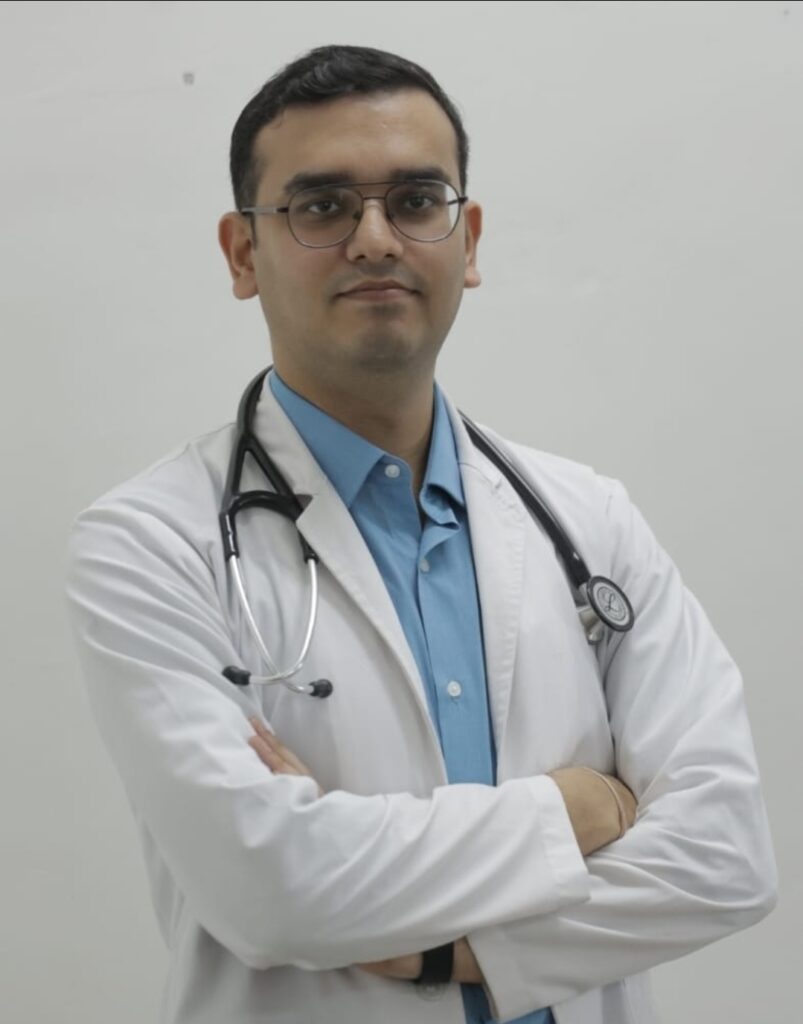
Nisha Kumari, M.Sc., Ph.D. Candidate
Tutor (Microbiology), Vedanta Institute of Medical Sciences and Research Center
Microbiology Department, Malwanchal University, Indore
I am Nisha Kumari, a Ph.D. candidate in the Microbiology Department at Malwanchal University, Indore. I completed my Bachelor of Science (B.Sc.) in Life Sciences in 2016 and my Master of Science (M.Sc.) in Medical Microbiology in 2020. My academic background has equipped me with a strong foundation in microbiology, and I am deeply passionate about understanding microbial infections and their impact on human and animal health.
Currently, my research focuses on Extended Spectrum Beta-Lactamase (ESBL) and AmpC-producing Enterobacteriaceae, a group of bacteria that pose a significant public health risk due to their resistance to antibiotics. I am investigating the prevalence and mechanisms of these resistant pathogens in broiler chickens and goats. These animals can act as reservoirs for antimicrobial-resistant bacteria, which can be transmitted to humans through the food chain or direct contact, making this research crucial for public health.
In addition to my research, I serve as a Tutor in Microbiology at Vedanta Institute of Medical Sciences and Research Center. In this role, I teach medical students, sharing my knowledge of microbiology and infectious diseases. I am committed to fostering a deeper understanding of the role microorganisms play in health and disease. Teaching is an important part of my academic career, and I aim to inspire the next generation of healthcare professionals to address emerging challenges like antimicrobial resistance.
My work also extends to the academic community through publications. One of my notable works is the paper titled “Clinical Research Methodology: A Narrative Review,” which offers an overview of clinical research approaches. I believe that sharing knowledge and collaborating with fellow researchers is key to advancing science.
Moving forward, I aspire to continue my research on antimicrobial resistance, particularly in zoonotic diseases, and contribute to finding strategies that reduce the spread of resistant bacteria. I also aim to continue my work as an educator, helping to shape the future of medical science by inspiring students to address global health challenges.

